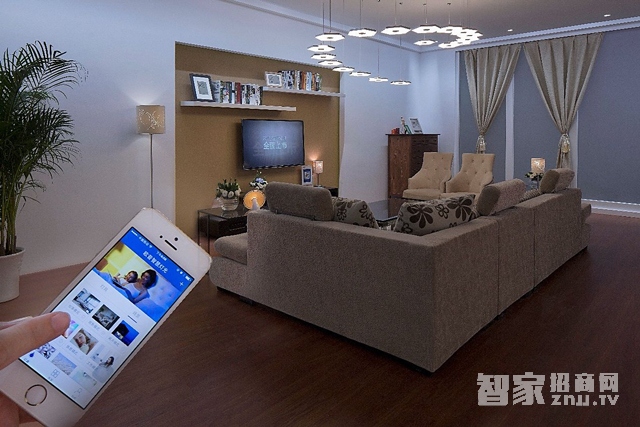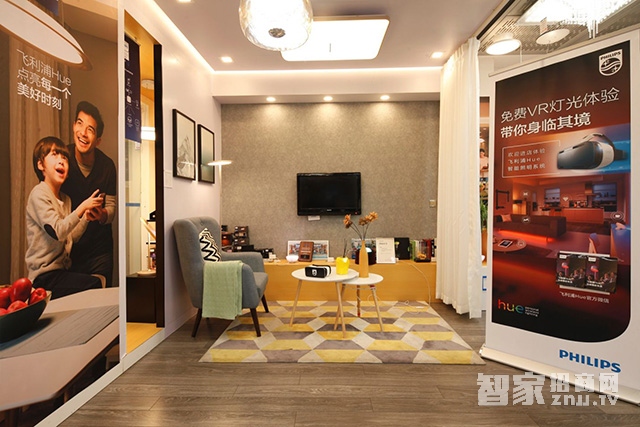Consumers who purchase smart homes generally have smart lighting systems, and each room in the home has different requirements for smart lighting. This article analyzes the design requirements for intelligent lighting in the home. The family intelligent lighting system is generally divided into living room, bedroom, study room, dining room, kitchen, bathroom, etc. The following starts from these aspects to talk about how to design lighting according to different rooms to achieve the desired effect. 1, the living room The living room is an important place for family members to entertain and entertain. Therefore, the living room lighting should be bright, practical and beautiful. The lighting of the living room should have a main light source and a secondary light source. The main light source includes chandeliers and ceiling lamps. The chandeliers should be based on luxurious atmosphere and the brightness can be adjusted. Sub-light sources include wall lamps, table lamps, floor lamps, and other lamps, which play an auxiliary lighting or decorative role. 2, bedroom The bedroom is a resting place, so it is necessary to meet the soft and relaxed requirements, but also to meet the user's habit of reading before going to bed. In the design, the light should avoid glare and stray light, should be mainly soft, decorative lights are mainly used to set off the atmosphere. 3, study The illumination of the study room should be based on the protection of eyesight so that the illuminance ratio between the main illumination and the non-primary illumination surface of the lamp is about 10:1. In the computer area, a good lighting environment is required, and the desk lamp needs to have features such as high illumination, hidden light source, comfortable vision, and flexible movement. 4, restaurant The light color of the restaurant should be mainly soft and calm, and it can feel relaxed and easy to eat. Soft lighting can match the colors of tables, chairs, and lighting to create a visual sense of beauty. In the selection of lighting fixtures, warm, romantic tone is the key, and chandeliers and wall lights are the main choices. 5, kitchen The kitchen needs an unshaded lighting environment that is both practical and beautiful, bright and fresh, giving people a sense of cleanliness. Kitchen lighting is generally divided into two levels, one is overall lighting, and the other is to provide focused lighting for washing, tableware, and operating areas. 6, bathroom During the day, the bathroom should be neat, fresh and bright, with a relaxed, quiet tone at night. The light should be soft and the illumination is not high, but the radiation should be evenly distributed. Wall light is more suitable for bathroom space lighting, because it can reduce the shadow effect caused by light sources, lamps need to have waterproof, dustproof features. In the process of home renovation, satisfying the requirements for intelligent lighting in different rooms can make the whole family feel warm and comfortable, making home life more intelligent. Article : Some Knowledge About Wireless Magnetic Sensors Recommended : Smart Home Implementation Solution Top 10 Smart Home System Smart Home Case Study
1. This product is used to
convert the car power supply of mobile phone chargers
2. This product has over-current
short-circuit overload protection
3. Insert this product into the
cigarette lighter socket of the car
4. Confirm whether the power
indicator light of this product is on
5. Insert the mobile phone
charger into the socket of this product
6. This product is used in mobile
phones, PHS, mobile phone line chargers, travel chargers, universal chargers,
etc.
150w Car Inverter, 150W Power Inverter, Car Charger Inverter with USB Shenzhen Jinziming Electronic Technology Co.,LTD , https://www.powerchargerusb.com Intelligent lighting design requirements in the home


Related browsing